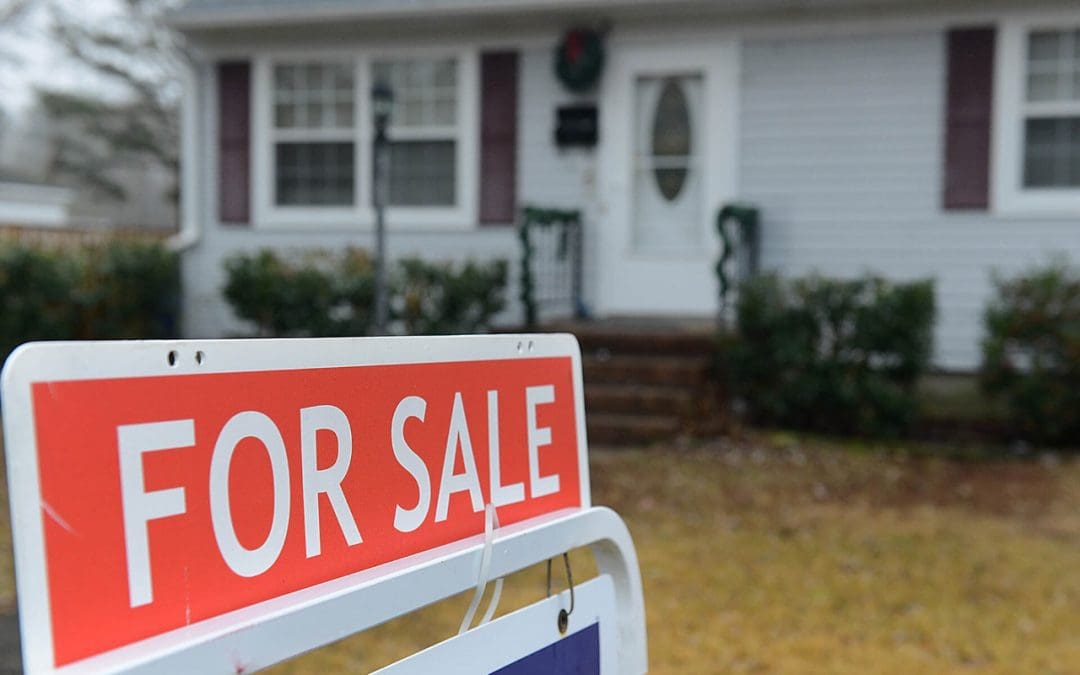Buying a home is one of the most significant investments you’ll make in your lifetime. It’s an exciting journey but can also be fraught with potential pitfalls. To ensure your home-buying experience is as smooth as possible, be aware of common home-buying mistakes and how to avoid them.
Common Home-Buying Mistakes: Skipping the Pre-Approval Process
One of the first steps in the home-buying process should be obtaining a mortgage pre-approval. Skipping this step can lead to disappointment and delays. Without pre-approval, you might fall in love with a home only to find out you can’t afford it. Additionally, sellers are more likely to take your offer seriously if you have a pre-approval letter, as it shows you are a qualified and serious buyer.
Not Setting a Realistic Budget
It’s easy to get carried away when searching for your dream home, but it’s essential to set a realistic budget and stick to it. Consider all your monthly expenses, including utilities, maintenance, insurance, and property taxes. Overextending your finances can lead to stress and financial strain. A well-defined budget helps you focus on homes within your price range and prevents you from falling into financial difficulties.
Neglecting to Research the Neighborhood
The location of your home is just as important as the home itself. Neglecting to research the neighborhood can lead to regret. Consider factors such as school districts, crime rates, proximity to work, and local amenities. Visit the neighborhood at different times of the day to get a feel for the area. Investing time researching the location ensures you find a home in a community that suits your lifestyle and needs.
Common Home-Buying Mistakes: Failing to Hire a Professional Home Inspector
A common mistake among homebuyers is failing to hire a professional home inspector. A home inspection can uncover hidden issues that may not be visible during a casual walk-through. Problems such as structural damage, electrical issues, or plumbing problems can be costly to fix. Hiring a qualified home inspector provides peace of mind and can save you from unexpected expenses.
Overlooking Additional Costs
The price of the home is just the beginning. Many buyers overlook the additional costs associated with purchasing a home. Closing costs, moving expenses, home repairs, and renovations can add up quickly. It’s essential to factor in these costs when budgeting for your new home. Knowing and preparing for these expenses will help you avoid financial surprises.
Making Emotional Decisions
Buying a home is emotional, but don’t base your decisions solely on emotions. Ignoring logic can lead to buyer’s remorse. Stay objective and focus on your needs and priorities. Take the time to compare different properties and consider their pros and cons. A well-thought-out decision will lead to long-term satisfaction with your purchase.
Ignoring Resale Value
While it might be tempting to buy a home that perfectly fits your current needs, it’s essential to consider its resale value. Life circumstances can change, and you might need to sell the home in the future. Look for features that appeal to a broad range of buyers, such as a good layout, quality construction, and a desirable location. Thinking about the home’s resale value can protect your investment and make it easier to sell when the time comes.
Common Home-Buying Mistakes: Not Getting Everything in Writing
Verbal agreements are not enough when it comes to real estate transactions. Always get everything in writing. This includes agreements with the seller, terms of the sale, and any promises made by real estate agents. Written contracts protect you legally and ensure that all parties are clear on the terms of the deal. If something isn’t documented, it might as well not exist.
Avoiding these common home-buying mistakes can make your journey to homeownership smoother and more enjoyable. By thoroughly preparing your finances and doing due diligence, you’ll be well-prepared to make one of the most important decisions of your life.
FAQs
How much should I save for a down payment?
The ideal down payment amount varies, but aiming for 20% of the home’s purchase price is generally recommended. This can help you avoid private mortgage insurance (PMI) and secure better loan terms. However, some loan programs, like FHA loans, allow for lower down payments, sometimes as low as 3.5%.
How can I improve my credit score before applying for a mortgage?
To improve your credit score, pay all your bills on time, reduce your credit card balances, avoid opening new credit accounts, and check your credit report for errors. A higher credit score can help you qualify for better mortgage rates and terms.
What are the contingencies in a home purchase contract?
Contingencies are conditions that must be met for the sale to proceed. Typical contingencies include financing, home inspection, and appraisal contingencies. These protect buyers by allowing them to back out of the deal or renegotiate terms if certain conditions are unmet.
Should I consider a home warranty?
A home warranty can be beneficial, especially if you’re buying an older home. It covers repairing or replacing major home systems and appliances that may fail due to normal wear and tear. Evaluate the coverage options and costs to determine if a home warranty is a good investment for your situation.
Checkpoint Home Inspections provides inspections to homebuyers and sellers near the North Coast of Oregon. Contact us to schedule our services.

